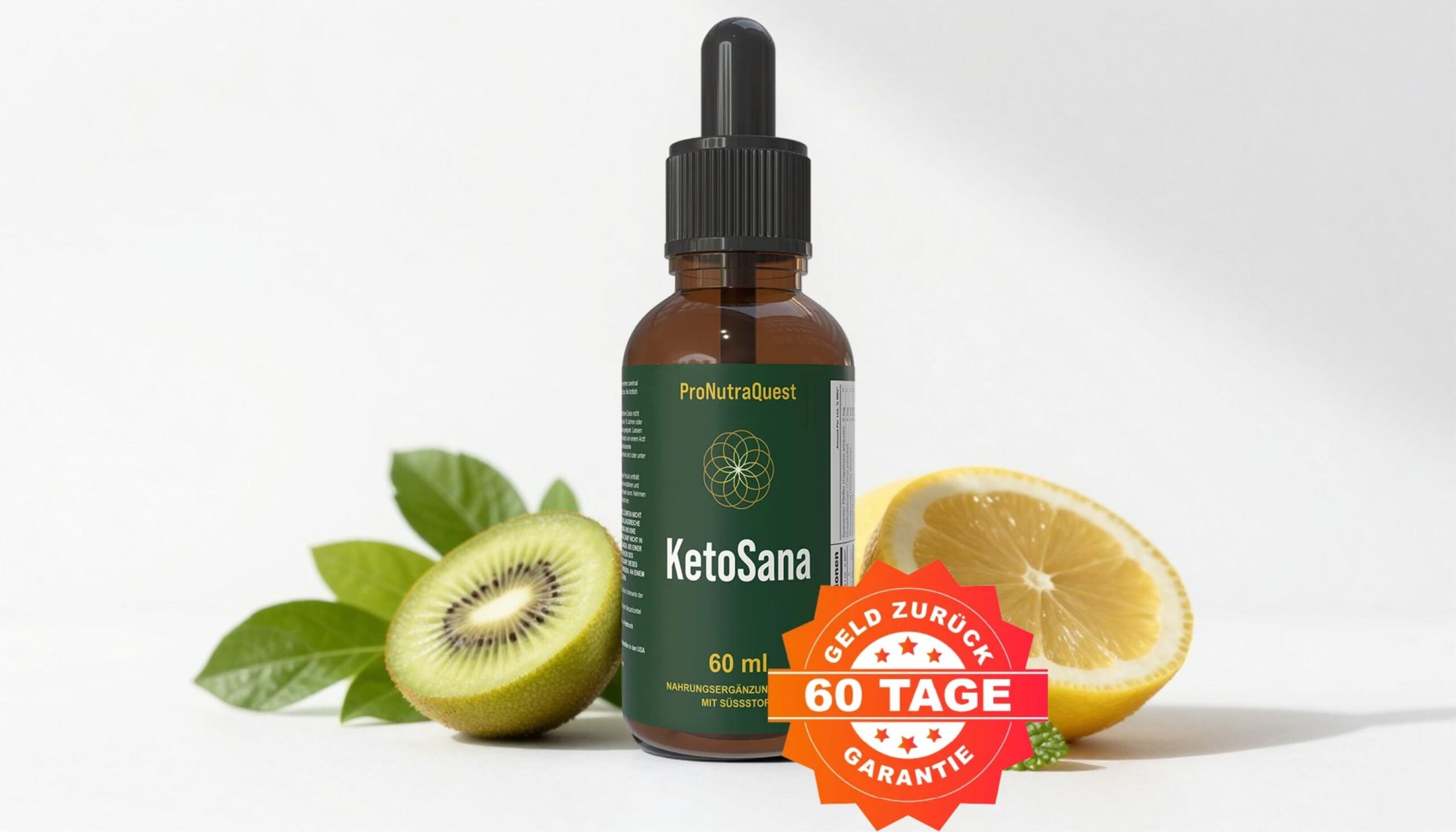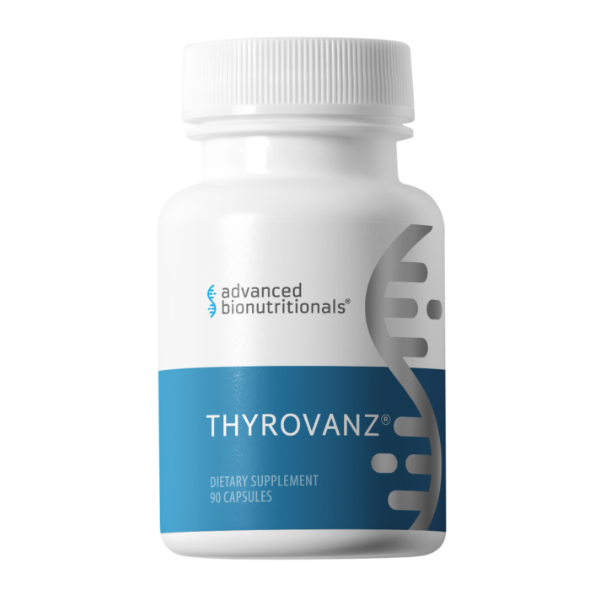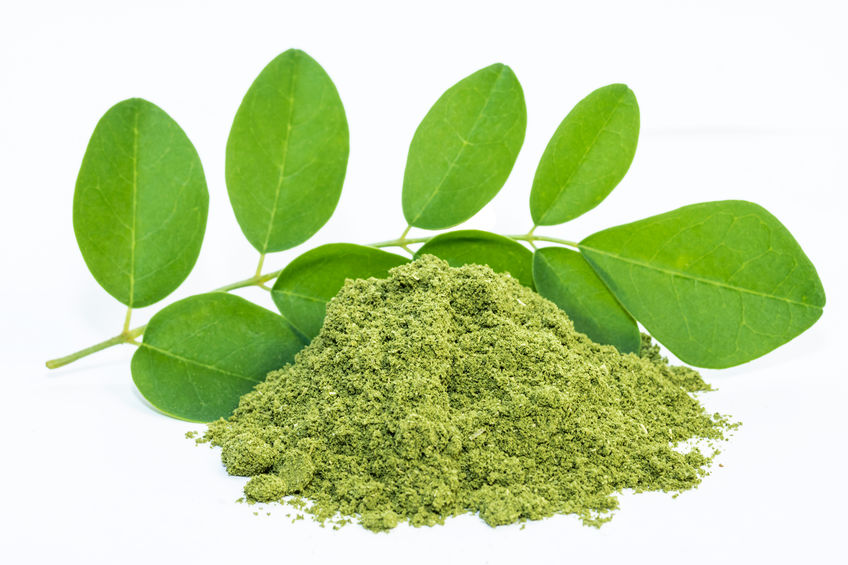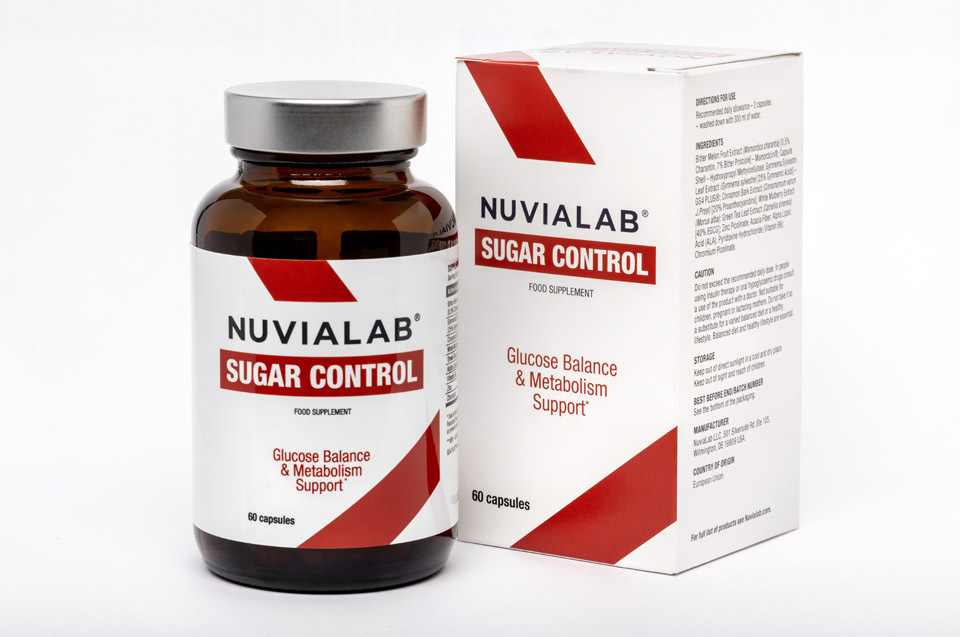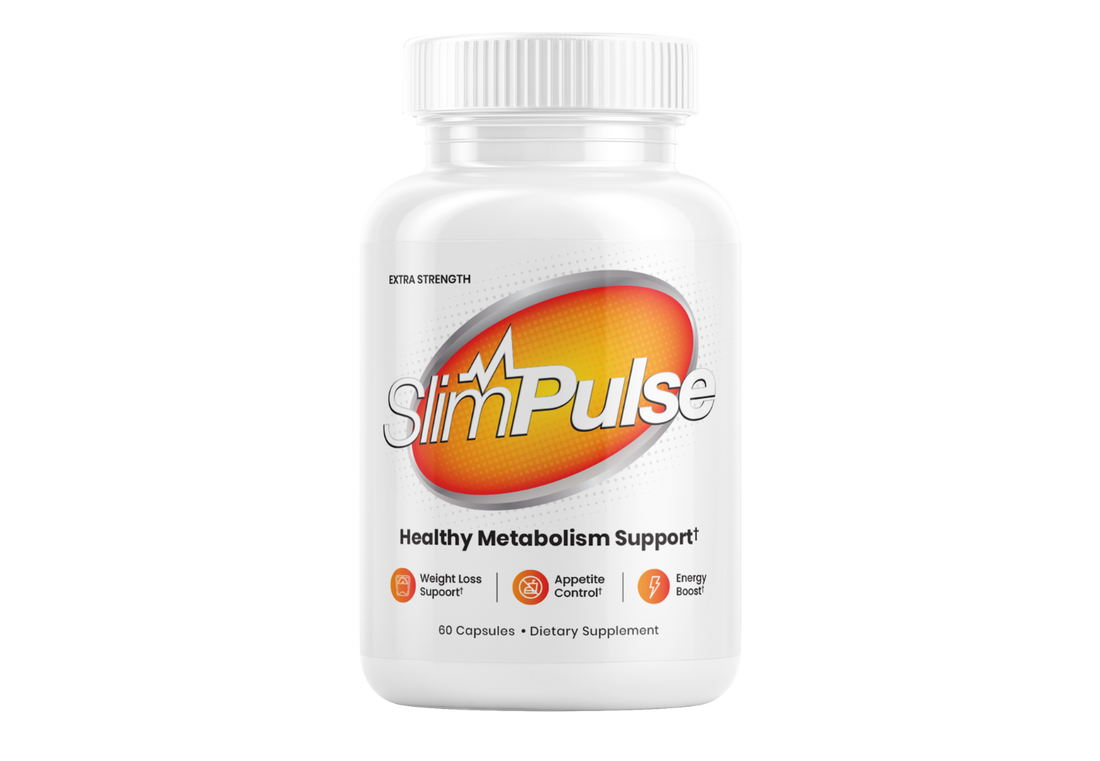If you have prostate cancer, living a healthy life is key. Eating right, staying active, drinking enough water, and avoiding bad habits like too much alcohol and smoking helps a lot. These actions can make you feel better and affect how well your treatment works.
Prostate cancer can be affected by your lifestyle choices. Studies show that what you eat and how active you are matter a lot. By choosing a healthy way of living, you can better handle treatment side effects. You might also lower the chance of the cancer coming back and improve your life quality.
Key Takeaways:
- Maintaining a balanced diet and regular physical activity are crucial for prostate cancer patients.
- Limiting red and processed meats, saturated fats, and salt can benefit prostate cancer patients.
- Staying hydrated by drinking 6-8 glasses of fluid per day is important for overall health.
- Avoiding excessive alcohol consumption and quitting smoking can positively impact prostate cancer progression.
- Seeking guidance from registered dietitians/nutritionists can help prostate cancer patients develop personalized nutrition and lifestyle strategies.
The Importance of a Healthy Lifestyle for Prostate Cancer Patients
For prostate cancer patients, a healthy lifestyle is key. Eating well and staying active can help manage the effects of cancer and its treatment.
Maintaining a Balanced Diet and Regular Physical Activity
Eating a diet full of nutrients is important for prostate cancer patients. It helps with treatment side effects and boosts well-being. Foods like fruits, veggies, whole grains, and lean meats give the body what it needs to heal.
Being active is also good for these patients. Activities like walking, swimming, or low-impact exercises help. Studies show that these activities can make men with prostate cancer healthier and happier.
Managing Body Weight and Its Impact on Prostate Cancer
Keeping a healthy weight is crucial for prostate cancer patients. Being too heavy or too light can affect cancer risk and treatment success. Also being heavy weight raises the risk of getting prostate cancer. Being underweight can also impact treatment results.
A balanced diet and regular exercise can help manage weight and lower risks. This holistic approach improves life quality and may make treatments more effective.
Prostate Cancer and Diet – Guidelines for Prostate Cancer Patients
Prostate cancer patients should eat foods rich in nutrients. This means lots of fruits, vegetables, whole grains, and lean proteins. Eating less red and processed meats, saturated fats, and salt can lower health risks and also slow cancer growth.
Nutrient-Rich Foods to Include in Your Diet
- Cruciferous vegetables like broccoli, kale, and Brussels sprouts
- Tomatoes, which contain the antioxidant lycopene
- Whole grains such as oatmeal, brown rice, and quinoa
- Legumes and beans high in protein
- Carotenoid-rich fruits and vegetables like carrots and sweet potatoes
Limiting Red and Processed Meats, Saturated Fats, and Salt
To keep your prostate healthy, eat less of these:
- Processed meats
- Red meat
- Butter
- Dairy Products
Also, avoid sugary drinks, processed foods, white flour, alcohol, and tobacco. These can increase prostate cancer risk and growth.
The Role of Physical Activity in Prostate Cancer Management
Regular physical activity is key in managing prostate cancer. It helps with fatigue, sexual issues, and keeps muscles strong. consequently, this keeps overall health in check.
Benefits of Exercise for Overall Health and Wellbeing
Studies show that active men with prostate cancer live longer than those who don’t exercise. Men who walk for one to three hours a week have a big drop in aggressive prostate cancer risk. And, doing three or more hours of hard exercise cuts the risk of dying from prostate cancer by 61%.
Weight-bearing exercises help prevent bone loss in prostate cancer patients. Coupled with enough calcium and vitamin D, exercise keeps bones strong, which is vital for men going through cancer treatments.
Exercises like Kegels strengthen pelvic muscles. This helps with urinary and sexual issues in men with prostate cancer. It makes them feel better overall.
But, only 18% of prostate cancer survivors are really active. 54% are somewhat active, and 28% sit around a lot. We need to get more patients moving to improve their health and life quality.
Prostate cancer and life-style
Prostate cancer is a complex disease linked to lifestyle choices. Knowing how lifestyle affects prostate cancer is key to managing it and lowering risks.
Genetics play a big part in prostate cancer risk, but lifestyle matters too. Men with family history of prostate cancer are more likely to get prostate cancer. They were also more likely to get a deadly form of it. However, those with the healthiest lifestyles in this group have less the risk of deadly cancer.
What we eat and how active we are can change our prostate cancer risk. Eating lots of fats and animal proteins can increase cancer risk. But, foods like soy and green tea might help fight prostate cancer. Staying fit and eating well can also lower cancer risk.
Our choices, like smoking, and drinking affect our risk of prostate cancer too. Smoking ups the risk of cancer getting worse. But, getting some sun can boost vitamin D, which might protect against cancer.
Living a healthy life, with a good diet, regular exercise, and avoiding bad habits, can really help with prostate cancer. By knowing how lifestyle affects prostate health, men can make better choices for their health.
Prostate Cancer and Diet – Alcohol Consumption and Prostate Cancer
Research shows that too much alcohol can harm the health of prostate cancer patients. Men who drink heavily from their teens to almost 50 are more likely to get high-grade prostate cancer. Drinking over seven drinks a week increases this risk.
More than eight drinks a week also increases the risk of men dying from prostate cancer since drinking alcohol can make prostate tumors grow faster and spread more quickly.
Recommended Alcohol Intake Limits
Health experts say men should not drink more than 14 units of alcohol each week. This is a change from the old advice of two drinks a day. Now, it’s safer to have one drink a day if you’re at risk of prostate cancer.
Red wine is often chosen because it has resveratrol, an antioxidant that might help fight cancer.
The World Health Organization’s 2018 report showed how alcohol affects health worldwide. Many studies have also looked into how much alcohol is safe and the risks of drinking too much.
Smoking and Its Impact on Prostate Cancer Progression
Smoking can really harm the progression of prostate cancer. Studies show that smokers face a higher risk of deadly prostate cancer. The most heavy smokers are at a 24% to 30% greater risk of dying from the disease than those who don’t smoke.
A big study looked at 24 other studies with 21,579 cases of prostate cancer. It found that current smokers didn’t have a higher risk of getting prostate cancer. But, they did face a higher risk based on how much they smoked. Even former smokers had a higher risk of getting prostate cancer.
Experts think smoking affects prostate cancer because of hormones. Smoking can raise levels of androsterone and testosterone in men. These hormones might increase the risk of getting cancer or make the disease worse.
Prostate cancer is the second most common cancer in men worldwide and the fifth leading cause of cancer deaths. It’s expected to become even more common in the future. So, men with prostate cancer should quit smoking to lower their risk of the disease getting worse and to improve their health.
In developing countries, prostate cancer is less common than in developed countries. This could be because it’s not reported as much and because of differences in where people live. But, smoking is a risk factor that can increase death rates in prostate cancer patients.
Managing Treatment Side Effects Through Nutrition
Prostate cancer treatments like radiotherapy, hormone therapy, and chemotherapy can cause side effects. These effects can affect a patient’s diet and nutrition. But, with the right diet, patients can manage these side effects and stay healthy during treatment.
Dietary Strategies for Side Effects of Radiotherapy
Radiotherapy for prostate cancer may lead to stomach issues, like diarrhea. To deal with this, patients should eat less high-fiber, fatty, spicy, or acidic foods. They should eat small, easy-to-digest meals often, such as boiled rice, bananas, and white bread.
Nutrition Tips for Hormone Therapy and Chemotherapy
Hormone therapy and chemotherapy can make patients lose their appetite, leading to weight changes and nutrient shortages. To fight this, eating a balanced diet full of protein, fruits, vegetables, and whole grains is key. Drinking plenty of water and using ginger for nausea can also help. While vitamins are okay, getting nutrients from food is best.
Talking to a dietitian or nutritionist can really help. They can make a diet plan tailored to the patient’s needs. This plan can help manage prostate cancer treatment side effects and support health and recovery. Your dietitian may also recommend some dietary supplements designed to assist with prostate health.
Maintaining a Healthy Diet After Prostate Cancer Treatment
After finishing prostate cancer treatment, eating right is key to lowering the chance of it coming back. Experts say to eat a balanced diet full of nutrients. This helps with long-term health and survival.
Reducing the Risk of Recurrence Through Proper Nutrition
Eating foods high in plants, lean proteins, and low-fat dairy can cut down the risk of cancer coming back. Here’s how:
- Eat a mix of vegetables, fruits, whole grains, and legumes every day.
- Choose lean meats like poultry, fish, tofu, and lentils for protein.
- Stay away from red and processed meats because they increase prostate cancer risk.
- Go for low-fat or non-fat dairy to cut down on saturated fats.
- Drink lots of water to stay hydrated.
Research says eating foods high in lycopene, like tomatoes and watermelon, can lower prostate cancer risk. Also, drinking moderate amounts of coffee might help prevent prostate cancer and improve survival chances.
By eating well after prostate cancer treatment, you can help prevent cancer from coming back. This supports your health and well-being.
Weight Management Strategies for Prostate Cancer Patients
Keeping a healthy weight is key for prostate cancer patients. Being too heavy or too light can affect treatment and health. Patients should talk to their healthcare team about safe ways to manage weight. This might include eating better and moving more.
Studies show that being stout might lower the risk of slow-growing prostate cancer. But, it raises the risk of aggressive, deadly cancer. Gaining a lot of weight also ups the chance of dying from prostate cancer and cancer coming back.
To lower risks and get better results, prostate cancer patients should try these weight management tips:
- Eat a healthy, low-fat diet full of fruits, veggies, and lean meats
- Drink less processed meats, sugar, and saturated fats
- Do regular physical activity, like 30 minutes of exercise daily
- Stay away from too much alcohol and quit smoking if you can
By keeping a healthy weight, prostate cancer patients can lower their risk of cancer getting worse. They can also boost their health and happiness. Talking often with healthcare experts helps make sure these strategies are safe and right for each person.

Seeking Professional Guidance from Registered Dietitians/Nutritionists
Prostate cancer patients can greatly benefit from getting advice from registered dietitians and nutritionists. These experts can give personalized advice on nutrition and lifestyle. This helps manage the disease, its treatment, and side effects.
Working with a registered dietitian or nutritionist is very helpful for prostate cancer patients. They can help with keeping a healthy weight, dealing with dietary issues, and supporting overall wellbeing. They offer advice on foods rich in nutrients, how much to eat, and changes to the diet. This can help the body respond better to treatment and lower the risk of complications.
A survey found that 94% of healthcare professionals, including dietitians, talk about nutrition with their cancer patients. But only 39% know about nutritional guidelines, and just 20% feel sure about giving nutritional advice. This shows why it’s key to get help from registered dietitians and nutritionists. They are trained in oncology nutrition and can give full support.
By working with these experts, prostate cancer patients can make a nutrition plan that fits their needs, treatment goals, and lifestyle. This can improve their health, help manage side effects, and might lead to a better outcome in the future.
Hydration and Its Importance for Prostate Cancer Patients
Drinking enough water is key for prostate cancer patients. It helps with side effects like urinary issues. About 1 in 8 men in the U.S. gets prostate cancer. Staying hydrated is a big help during their treatment.
Men with prostate cancer should drink 6-8 glasses of fluids daily. This includes water, low-fat milk, and sugar-free drinks. It’s good for their health and helps with urinary incontinence, a common issue after treatment.
Not just water, but also certain drinks and foods can help with hydration. Green tea is full of antioxidants. It might slow down prostate cancer growth and lower the chance of it spreading. Eating foods high in fiber also helps with digestion and absorbing minerals, which is good for hydration.
By focusing on staying hydrated, prostate cancer patients can better manage their condition. Regular visits to doctors help make sure they’re drinking enough water and address any problems.
Conclusion
Prostate cancer patients can greatly benefit from a healthy lifestyle. This includes eating well, staying active, drinking plenty of water, and avoiding too much alcohol and smoking. These habits can help manage the disease, make treatment easier, and lower the risk of other health issues.
Studies show that men who exercise and stay connected with others often feel better overall. Men who are more active and have strong relationships tend to have a higher quality of life.
Getting advice from health experts like dietitians can really help. They can give advice on what to eat, how to exercise, and other lifestyle changes. These changes can make a big difference in health and happiness.
By taking a full approach to managing prostate cancer, patients can play a big part in their care. This means combining medical treatment with healthy habits. It’s a way for patients to feel more in control and strong against their condition.
FAQ
What is the importance of a healthy lifestyle for prostate cancer patients?
What dietary guidelines should prostate cancer patients follow?
How does physical activity benefit prostate cancer patients?
How do lifestyle choices like alcohol consumption and smoking impact prostate cancer?
How can prostate cancer patients manage treatment side effects through nutrition?
Why is maintaining a healthy weight important for prostate cancer patients?
How can prostate cancer patients benefit from seeking guidance from registered dietitians/nutritionists?
Why is proper hydration important for prostate cancer patients?
Source Links
- Diet and physical activity for men with prostate cancer
- Prostate Cancer Diet: Nutrition Tips for Prevention & Management
- Nutrition and Prostate Cancer
- How to lower your risk of prostate cancer
- Body Weight and Cancer Risk | Obesity Effect on Cancer Risk
- Body Weight
- Diet, physical activity and your risk of prostate cancer
- Weight Management to Reduce Prostate Cancer Risk: A Survey of Men’s Needs and Interests
- Recommendations on Weight Loss and Healthy Lifestyle in Prostate Cancer Clinical Guidelines: A Systematic Review
- Diet and prostate cancer
- Influence of Diet and Nutrition on Prostate Cancer
- Impact of lifestyle in prostate cancer patients. What should we do?
- Physical activity, weight and prostate cancer
- The Impact of Lifestyle on Prostate Cancer: A Road to the Discovery of New Biomarkers
- Frontiers | Impact of modifiable lifestyle risk factors for prostate cancer prevention: a review of the literature
- Prostate Cancer and Alcohol
- Alcohol and Prostate Cancer: Time to Draw Conclusions
- Prostate Cancer Risk Factors | Risk Factors for Prostate Cancer
- Cigarette smoking and prostate cancer: A systematic review and meta-analysis of prospective cohort studies
- Smoking as a Risk Factor for Prostate Cancer: A Meta-Analysis of 24 Prospective Cohort Studies
- Diet and Lifestyle Considerations for Patients with Prostate Cancer
- Prostate Cancer Diet and LIfestyle – Prostate Matters
- Prostate cancer diet and exercise: changes for a healthier lifestyle
- Prostate cancer diet: Recipes and more
- Nutrition and Prostate Cancer: Making Healthy Diet Decisions
- What’s the Best Diet for Prostate Cancer?
- Prostate Cancer Diet and LIfestyle – Prostate Matters
- Changes in lifestyle among prostate cancer survivors: A nationwide population‐based study
- Mediterranean diet may decrease risk of prostate cancer progression for men on active surveillance
- Impact of lifestyle in prostate cancer patients. What should we do?
- Living as a Prostate Cancer Survivor
Affiliate Disclosure
The links contained in this article may result in a small commission to us if you opt to purchase the products recommended at no additional cost to you. This goes towards supporting our research and editorial activities so that we can only provide informed advice.
Disclaimer
Please understand that any advice or guidelines revealed in this article are not in any way a substitute for sound medical advice from a licensed healthcare provider. Make sure to consult with a professional physician before using any of the advice provided here, especially if you use medications or have concerns following the advice shared in this article . Individual results may vary. The products recommended in this article are not intended to diagnose, treat, cure, or prevent any disease.

